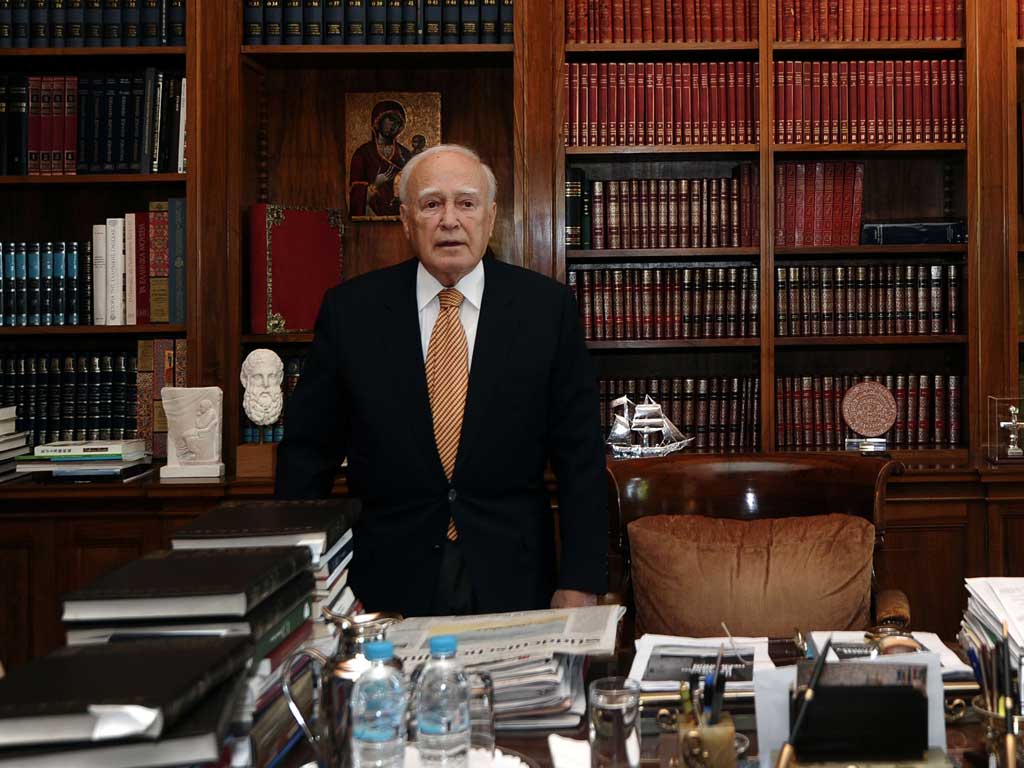
For ninth straight day, party leaders were struggling to form a new coalition government, riven by differences over the harsh austerity measures demanded by international creditors in return for rescue loans.
The impasse means the prospect of another national election next month.
The turmoil took a toll on markets across Europe.
The conservative New Democracy party won the May 6 election, but the poll failed to produce an outright winner. Alexis Tsipras, leader of the second-placed, left-wing Syriza party, has refused to join a coalition, demanding that the terms of an international bailout be scrapped or radically renegotiated.
"They are looking for an accomplice to continue their catastrophic work - we will not help them," said a party spokesman.
Many see fresh elections as inevitable. But a new poll could see anti-austerity parties gaining more support and prompt a rift in 17-nation eurozone and raise the risk of a Greek exit from the shared currency.
"Voices of support (in Europe) to Greece ... are becoming fewer and fewer, while there is a frenetic increase of those that are predicting the country's exit from the euro," an editorial in Greece's top-selling Ta Nea said. "The dramatic drop in state revenues during the election campaign and the serious souring of the atmosphere in Europe toward Greece mean that after almost certain repeat elections there will be a need for even tougher austerity measures."
Shut out of main debt markets, Greece is surviving on rescue loans from other euro countries and the International Monetary Fund, who have repeatedly warned that payments will only continue if the country continues its draconian cost-cutting program
Greece's two traditionally dominant parties, New Democracy and the Socialist PASOK lost significant support on May 6.
Since the election, Syriza has gained support.
New Democracy and PASOK could form a government without Syriza if they had the support of the small Democratic Left party - but that small party has refused to join any government without Syriza.
"The president has invited us to a new meeting and I will attend," Democratic Left leader Fotis Kouvelis said. "I will repeat my position, that without the participation of the second largest party, the government would not have sufficient popular and parliamentary support. "
AP
Subscribe to Independent Premium to bookmark this article
Want to bookmark your favourite articles and stories to read or reference later? Start your Independent Premium subscription today.

Join our commenting forum
Join thought-provoking conversations, follow other Independent readers and see their replies